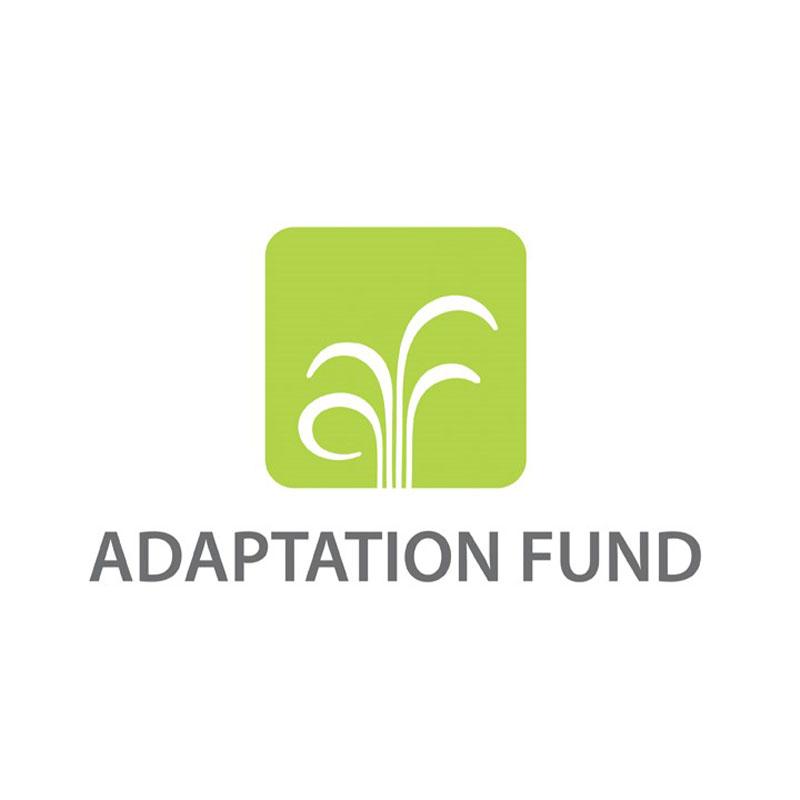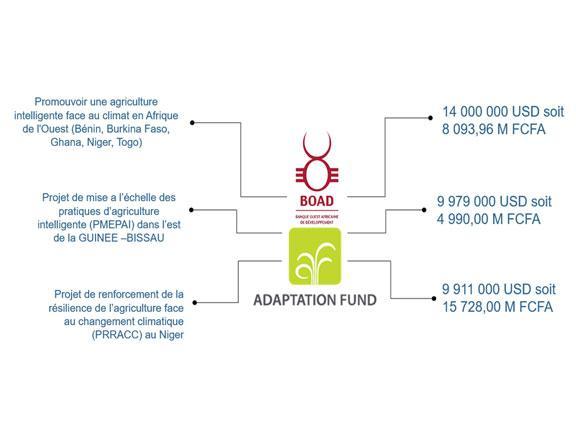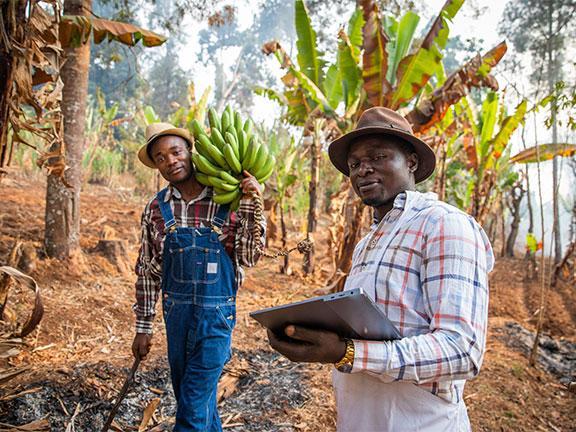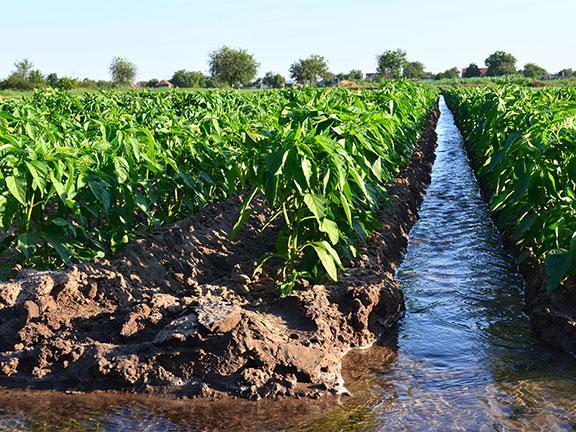The Adaptation Fund, the financial mechanism of the United Nations Framework Convention on Climate Change (UNFCCC), was created in 2001 to finance concrete adaptation projects and programs in developing countries, parties to the Kyoto Protocol, that are particularly vulnerable to the adverse effects of climate change. Its aim is to increase resilience through concrete adaptation projects and programs, with a focus on the most vulnerable countries and communities.
A concrete adaptation project is a set of activities designed to remedy the adverse effects of climate change and the risks it poses. Adaptation projects can be carried out at local, national, regional or global level. Projects involve one-off activities with one or more collective objectives, and concrete achievements and results that are more circumscribed in scope, space and time.
An adaptation program is an approach, plan or formula designed to remedy the adverse effects of climate change, and is broader in scope than an isolated project.
The West African Development Bank was accredited by the Adaptation Fund in 2011, then re-accredited in 2016 as an accredited agency, which enjoys direct access to the organization’s resources. Moreover, the « direct access to Fund resources » procedure provided for in the Operational Policies and Procedures is undoubtedly the most important innovative feature of this financial mechanism. The Fund will finance projects and programs with the express aim of increasing the capacity to adapt to climate change. Promoters will have to show how their project contributes to developing adaptability and resilience to climate change.







